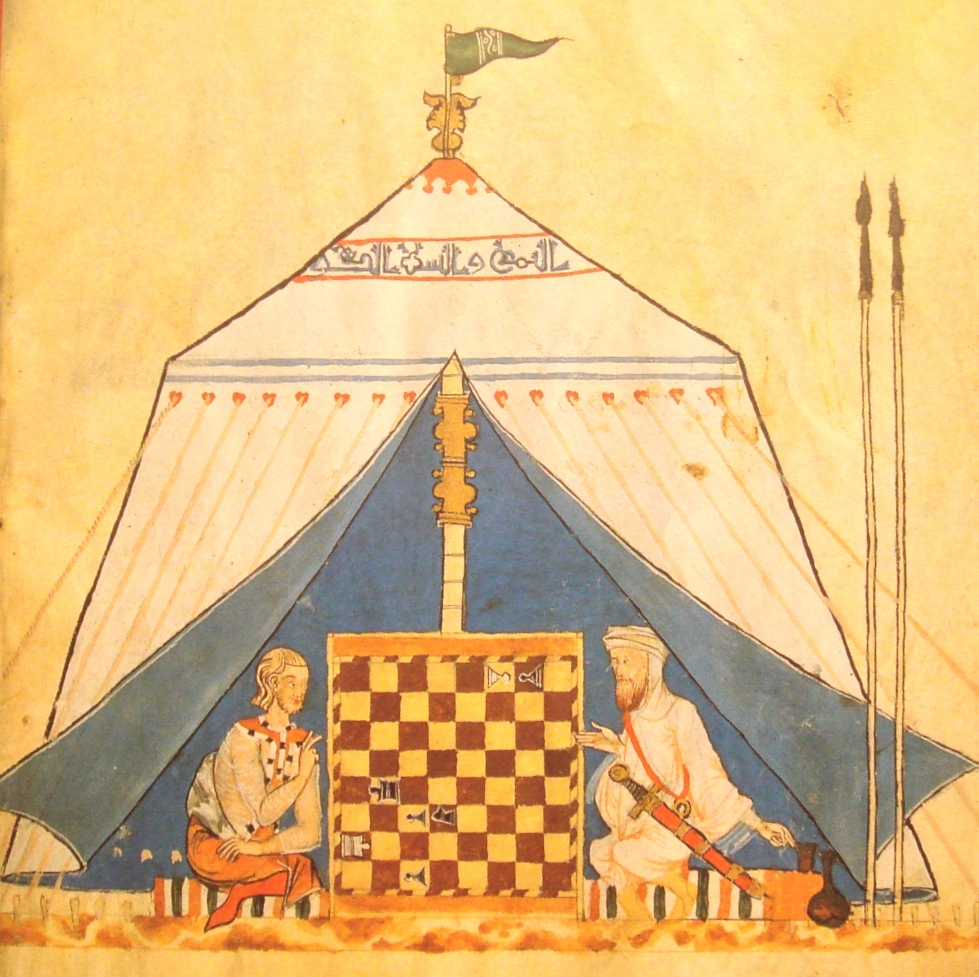Ibn Khaldūn e il pensiero marocchino contemporaneo
DOI:
https://doi.org/10.54103/2035-7362/17855Keywords:
Ibn Khaldun, Contemporary Moroccan Thought, Islamic Historiography, Classical Political ThoughtAbstract
The modern rediscovery and re-appropriation of Ibn Khaldūn’s work by Arab scholars has largely developed along the following dichotomy. On the one hand, some have described Ibn Khaldūn as an original and atypical thinker for his context and time, and as the only or highest representative of Arab-Islamic thought – thus partly reinforcing the view of many Western scholars who had minimized the role of the tradition to which he belonged. On the other hand, there has been an opposite trend that demotes his originality, by highlighting his complete adherence to the Islamic tradition of historiography and thought. This contribution studies four prominent contemporary Moroccan scholars who have systematically addressed Ibn Khaldūn’s philosophy: Mohammed Aziz Lahbābi, Mohammed Abed al-Jābrī, Abdallah Laroui, and Bensalem Himmich. The essay first considers Lahbābi and al-Jabri, Lahbābi’s most renowned pupil; the former due to his contribution to the advancement of the study of Ibn Khaldūn in general, and as one of the founders of the school of Rabat, and the latter due to the theoretical importance and systematic nature of his critical approach to Arab thought. Laroui, another representative of the school of Rabat, offers an analysis which highlights different characteristics of Ibn Khaldūn’s work, compared to the first two scholars, by focusing on the subjects of modernity and the State. Finally, the chapter examines Himmich’s reading. Himmich has written both an academic work as well as a literary/fictional biography of the Maghrebi figure in focus. All these four scholars have made a substantial impact on the Arab world, whilst also being wellknown in the West, Laroui in particular.
Downloads
Downloads
Published
How to Cite
Issue
Section
License
Copyright (c) 2022 Doctor Virtualis

This work is licensed under a Creative Commons Attribution 4.0 International License.
Authors who publish in this journal accept the following conditions:
a. Authors retain the rights to their work and assign to the journal the right of first publication of the work, simultaneously licensed under a Creative Commons - Attribution License that allows others to share the work indicating intellectual authorship and first publication in this journal.
b. Authors may enter into other non-exclusive licensing agreements for distribution of the published version of the work (e.g., deposit it in an institutional repository or publish it in a monograph), provided they indicate that the first publication was in this journal.
c. Authors can disseminate their work online (e.g., in institutional repositories or on their own website) before and during the submission process, as it can lead to productive exchanges and increase citations of the published work (See The Effect of Open Access).





